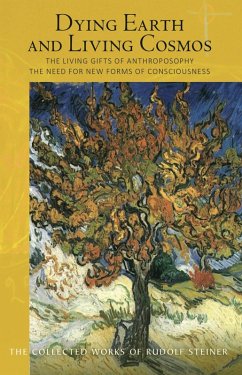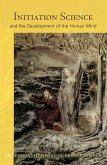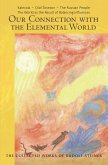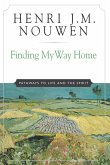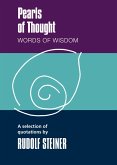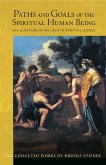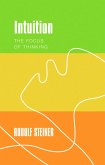The building of the Goetheanum - undertaken by a community of people from seventeen nations at war - forms a thematic backdrop to the lectures. In speaking of the walls in the new building, for example, Rudolf Steiner describes how their forms are not confining, but rather express an openness to the surrounding cosmos. Likewise, the carved motifs on the architraves of the wooden pillars are not fixed 'symbols' but are alive and continually metamorphosing . These observations are reflected in Steiner's broader discussions. He speaks of extending and deepening our connection with the world and the cosmos, going beyond our usual narrow limits and definitions to engage in 'community with the realities of existence'. We can do this, for example, with the so-called 'dead', who find it difficult to relate to sense-bound thinking. Rudolf Steiner explains how we can connect with them, greatly enriching our lives and 'making an enormous difference to their souls'. The distinction between fixed symbols and living motifs takes us to the core of anthroposophy, striving never to rest in inert forms of thought. In the field of education, Steiner thus warns about 'external measuring' of pupils and linear models of cognitive learning.
Throughout the three lecture courses included here - which together form a kind of compendium of anthroposophy at the time - Steiner touches upon a wealth of absorbing themes, including the 'discovery' of America, the contrast between East and West, the qualities of European 'folk souls', Valentin Andreae's Chymical Wedding, and Darwinism. Regardless of his topic, however, Steiner consistently makes the urgent appeal that we 'grasp reality', looking further than abstract schemes of all kinds - such as social and political 'programmes' - to participate in the cosmos as conscious and fully human co-creators.'
Dieser Download kann aus rechtlichen Gründen nur mit Rechnungsadresse in A, B, BG, CY, CZ, D, DK, EW, E, FIN, F, GR, H, IRL, I, LT, L, LR, M, NL, PL, P, R, S, SLO, SK ausgeliefert werden.

